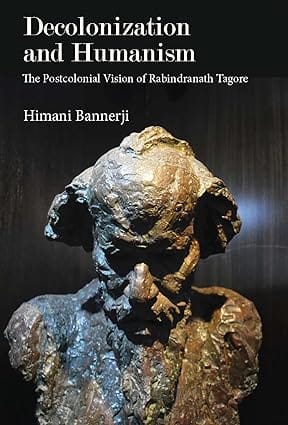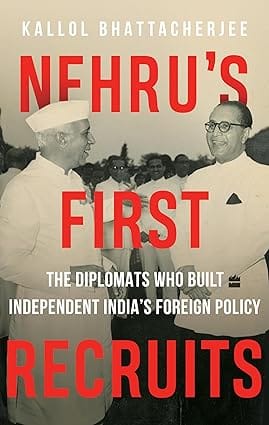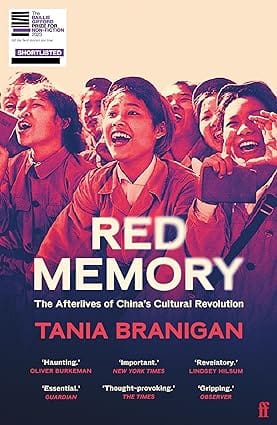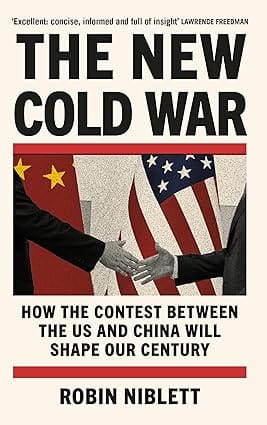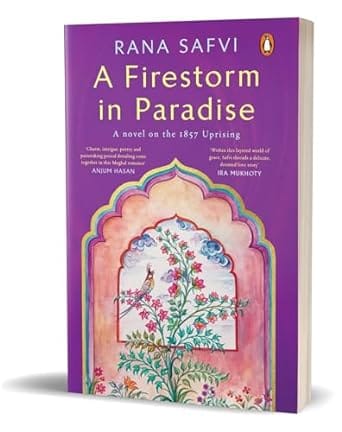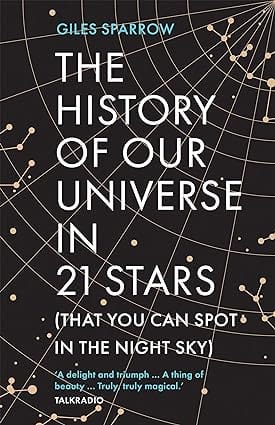- Contemporary Fiction
- Contemporary Fiction
- Children
- Children
- Comics & Graphic Novels
- Comics & Graphic Novels
- Non-Fiction
- Non-Fiction
- Fiction
- Fiction
This collection challenges the understanding of decolonization and humanism pervasive in post-Foucauldian postcolonial studies, in which the former signifies a positive good with the latter rejected as racializing colonial discourse. This formulation presents an epistemological confusion between the universalism of decolonization and particularism of an anti-humanism from an identitarian segmented perspective. A corrective is offered by exploring Rabindranath Tagore's (1861-1941) thoughts on hegemony and freedom, which he dislocates from the binary paradigm of tradition and modernity, thereby making a distinction between decolonization and cultural/ethnic nationalism. Tagore's writings provide the earliest classical example of anti-colonial critique.
About the Author
Decolonization And Humanism The Postcolonial Vision Of Rabindranath Tagore
SIZE GUIDE
- ISBN: 9788195839445
- Author: Himani Bannerji
- Publisher: Tulika Books
- Pages: 236
- Format: Hardback
Book Description
This collection challenges the understanding of decolonization and humanism pervasive in post-Foucauldian postcolonial studies, in which the former signifies a positive good with the latter rejected as racializing colonial discourse. This formulation presents an epistemological confusion between the universalism of decolonization and particularism of an anti-humanism from an identitarian segmented perspective. A corrective is offered by exploring Rabindranath Tagore's (1861-1941) thoughts on hegemony and freedom, which he dislocates from the binary paradigm of tradition and modernity, thereby making a distinction between decolonization and cultural/ethnic nationalism. Tagore's writings provide the earliest classical example of anti-colonial critique.
About the Author
User reviews
NEWSLETTER
Subscribe to get Email Updates!
Thanks for subscribing.
Your response has been recorded.

India's Iconic & Independent Book Store offering a vast selection of books across a variety of genres Since 1978.
"We Believe In The Power of Books" Our mission is to make books accessible to everyone, and to cultivate a culture of reading and learning. We strive to provide a wide range of books, from classic literature, sci-fi and fantasy, to graphic novels, biographies and self-help books, so that everyone can find something to read.
Whether you’re looking for your next great read, a gift for someone special, or just browsing, Midland is here to make your book-buying experience easy and enjoyable.
We are shipping pan India and across the world.
For Bulk Order / Corporate Gifting
 +91 9818282497 |
+91 9818282497 |  [email protected]
[email protected]
Click To Know More
INFORMATION
ACCOUNT
QUICK LINKS
ADDRESS
Shop No.20, Aurobindo Palace Market, Near Church, New Delhi

